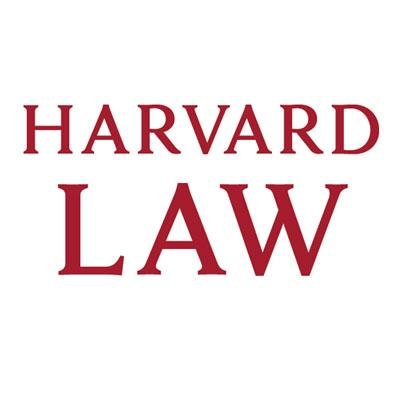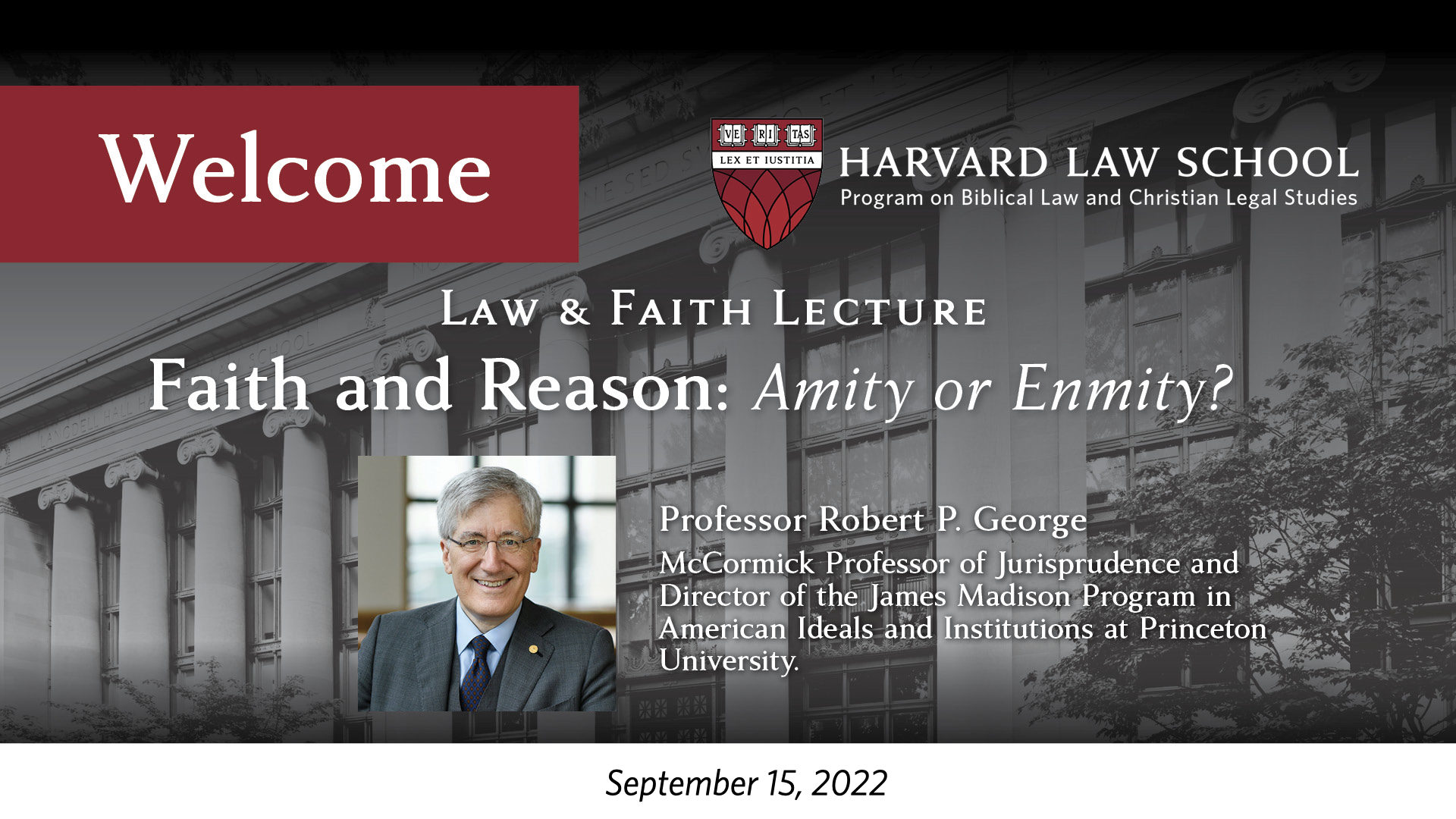
Juneteenth and a Vision of Justice
June 19, 2022
In April 2022, the Committee on Harvard & the Legacy of Slavery released its findings and recommendations of a years-long project to study the historical legacy of slavery at Harvard, part of a movement of similar studies throughout Ivy League universities. Thorough, penetrating, and transparent, it documents the many and deep entanglements of the oldest institution of higher education in the United States with slavery, often called America’s “original sin.” The report detailed historical findings and offered a list of recommendations for how Harvard can redress its legacy, whose impact extends forward to today.

The work of the Committee is an important first step in shining a light on our past and offering remedies for our future. As stated by President Bacow in his message to the Harvard community upon the release of the report, “we bear a moral responsibility to do what we can to address the persistent corrosive effects of those historical practices on individuals, on Harvard, and on our society.” Today is Juneteenth, a day when we celebrate the emancipation of enslaved African Americans, a further reminder of the perpetual necessity of this work.
There is no question that we have an individual and collective moral responsibility to examine and address ways we have been active or complicit in attitudes or actions that are to the harm of others. This work is necessary and good. The prayers of the Christian church require us to acknowledge, both individually and corporately, “We have left undone those things which we ought to have done; and we have done those things which we ought not to have done; and there is no health in us.” (Morning Prayer, Book of Common Prayer: 1662 Version). This acknowledgement is part of the Program on Biblical Law and Christian Legal Studies’ own moral foundation, which is rooted in the historic Christian faith and is part of an ongoing worldwide movement of faith.
This faith represents a worldview and value system deeply rooted in the writing of the Old and New Testaments, which offers its own distinct approach to matters of race, justice, and the ills that plague humanity. The prophet Micah writes, “And what does the Lord require of you, but to do justice, to love mercy, and to walk humbly with your God?” (Micah 6:8). Hebrew poetry often utilizes repetition to reinforce or advance an argument. In this instance, while justice, mercy, and walking humbly represent discrete aspects of a biblical faith, they overlap as if to suggest that you cannot understand one without the others. The call to address injustice must be animated by a transformative experience of mercy, interwoven with reliance on a divine Creator.
In the years to come, Harvard will need to continue to wrestle with its legacy, and time will tell whether the recommendations of the Committee will prove effective or sufficient to properly address that legacy. As we lament over and wrestle with that legacy, and the extent to which we are beneficiaries of it, our hope at the Program on Biblical Law and Christian Legal Studies is to offer a rich and distinct vision of justice that is steeped in the traditions of the historic people of God—both a Jewish community of former slaves in search of a Promised Land and followers from every tribe, tongue, and nation of a Messiah who was bound as a slave to a cross where He would die, only to be resurrected to new life, promising to free and make all things new.
Our hope is to pursue and help in defining this vision as part of the ongoing work and command to “do justice”—a work that is central to the quest for Veritas and addressing the urgent needs of our world. This vision of justice is one rooted in mercy, forgiveness, healing, beauty, hope, and sacrificial love. It is one that loudly declares, without equivocation, that every human being, regardless of race, economics, or gender, whether widow, alien, or poor, is made in the imago dei, the image of God, and therefore imbued with indelible dignity, a candidate for redemption, and in need of emancipation and resurrection.

